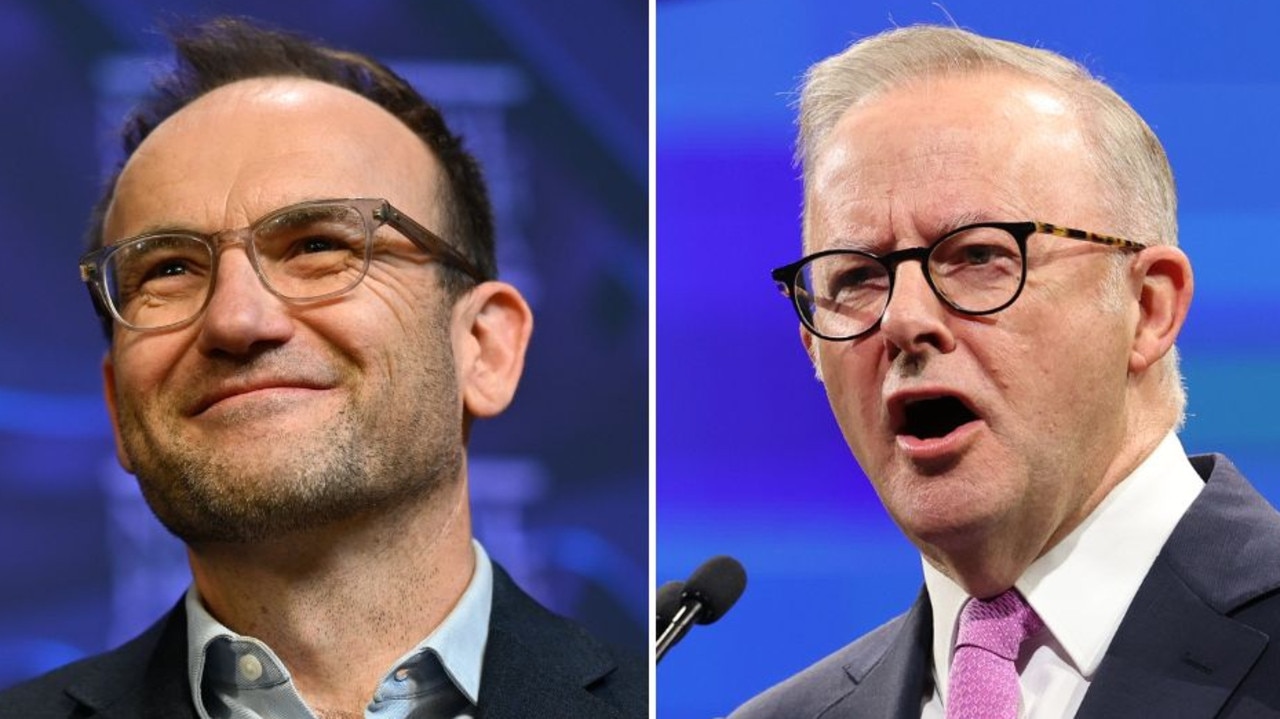Group of Eight makes last minute pitch for research dollars
The research intensive universities in the Group of Eight argue that research money brings better results if invested with them.

As a federal government review draws close on recommendations about how to divide a limited pool of research funding, Australia’s research-intensive universities have stepped up their push to retain, and even expand, resources.
In a new brief, Research Excellence to Shape Australia’s Future, the research-intensive Group of Eight universities say that not only is high-quality research critical for economic development, but also its scale and focus.
“It’s the scale and focus that brings with it the capacity to work across the entire innovation pipeline; to attract the partners and investors essential to bring research outcomes to market; and to drive economic benefit and productivity for national benefit,” the Go8 brief says.
“It’s the large research-intensive universities that act as anchor tenants of innovation precincts that are so essential to diversification of our economy and the development of our advanced manufacturing capabilities.”
The paper comes in advance of an interim report next month from the federal government’s Universities Accord review which is expected to make recommendations on research funding, as well as many other key issues affecting higher education.
The higher education sector has called for an end to the practice of government funding agencies covering only part of the cost of a research project, leaving it to universities to find the rest which is often funded from the high fees paid by international students.
The Go8 universities – Sydney, Melbourne, Monash, UNSW, Queensland, ANU, Adelaide and Western Australia – have urged the review to endorse a hub-and-spoke system in which research-intensive universities are the favoured hubs and universities which do less research rely on them for collaborative projects.
However, mid-tier universities have pushed back, with the Innovative Research Universities group arguing that its research performance is improving and deserves continuing support.
Because increased funding for research from the federal government is unlikely in the current budgetary environment, universities are, in reality, debating how a pie of fixed size will be divided.
In the new brief the Go8 points to the latest QS World University Rankings, which put six of its universities in the global top 50 and all eight in the top 100.
It also argues that Go8 universities are collaborative in their research, both with overseas and other Australian universities, and that if the government removed “obstacles” to research in Go8 universities it would benefit the sector more broadly.
“We can recognise these (research) leaders and further champion world excellence we have with the Go8 universities without hindering any Australian institution aspiring to and achieving globally recognised research,” the Go8 brief argues.




To join the conversation, please log in. Don't have an account? Register
Join the conversation, you are commenting as Logout